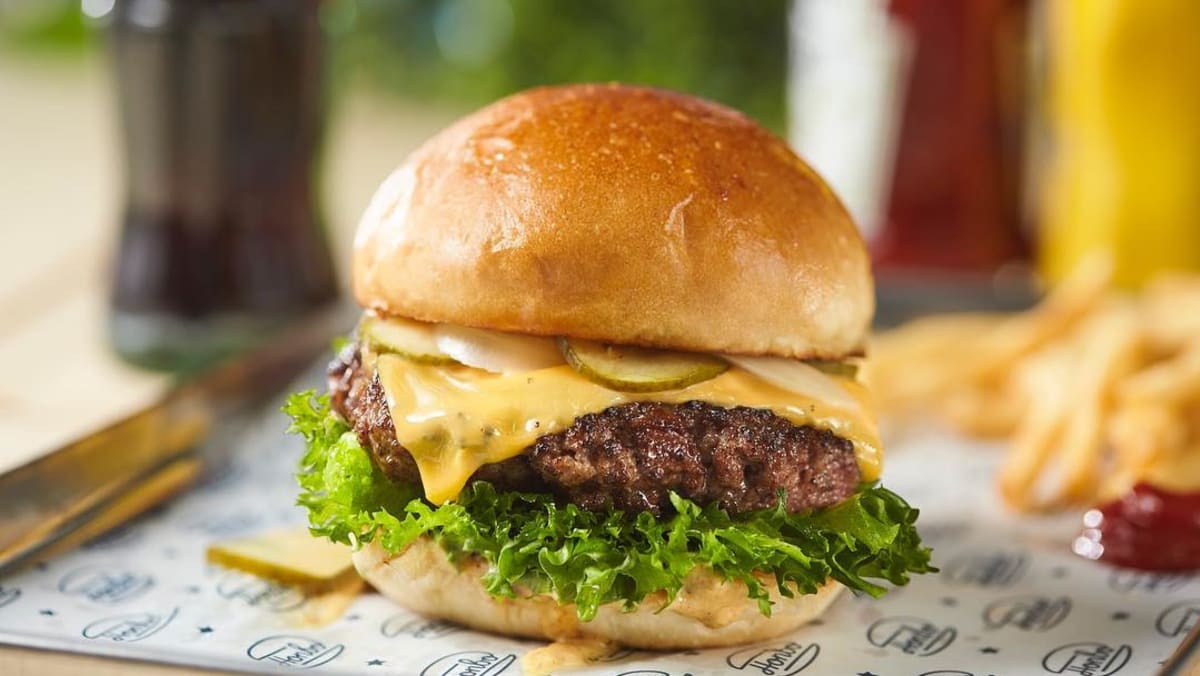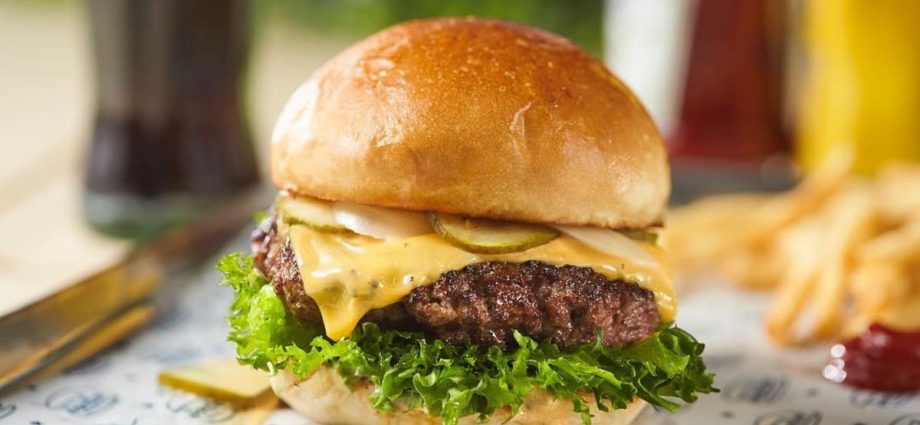
BURGER PLACES CLOSING
But an industry expert said that although Singapore’s appetite for burgers remains strong, the market appears to be nearing a saturation point.
Newer operators like Shake Shack, Nothing But Cheeseburgers (NBCB), MOS Burger and Carl’s Junior continue to compete with household names like McDonald’s, KFC and Burger King, said Mr Karthik Bakthavathsalem from Nanyang Polytechnic.
“All of them face similar competition – to get consumers to choose them for their next meal, said Mr Karthik, the course manager for the polytechnic’s diploma in food and beverage business.
The COVID-19 pandemic also exacerbated the situation, with many outlets closing as they had few customers, and new brands cautious about expanding“given the many unknowns”.
In August, Fatburger closed all its outlets in Singapore after its operator Deelish Brands shut down.
The trend of international burger brands opening outlets in Singapore is not new and will likely continue, said Mr Benjamin Chan, chief strategist at Protegie, a marketing consultancy firm specialising in F&B.
“Singaporeans are a picky bunch of people. They generally look for value in these brands so if they overprice, they will usually exit within three years or there will be a change in hands of owners behind the scenes,” he said.
On whether Fatburger’s closure signals consolidation in the market, Mr Chan said the labour crunch and rising costs of rental, food, utilities and manpower have led to some companies exiting or closing selected brands.
The industry will “always move into a stable equilibrium” of having a few significant players and some new entrants, he added.
Nanyang Polytechnic’s Mr Karthik said that using the closure of a single brand as a metric for the entire market is an “oversimplification”.
While burger brands may face common challenges, those who close will have their own reasons, he said. Rental costs, recruitment difficulties, higher-than-expected remuneration packages, food supply and associated costs could all affect business sustainability in the long run.
“The ability to effectively plan, anticipate and manage these costs, while expertly navigating the changing business environment, will be critical to helping food businesses survive and thrive,” said Mr Karthik.
WHY BRANDS COME TO SINGAPORE
Despite the challenges, Singapore is a popular choice with international burger brands opening flagship stores in Asia, said Mr Mitchell from Noble Consulting.
“(The) ease at setting up is also a big plus – everything is quite straightforward here and clear – unlike some Asian countries,” he said.
Protegie’s Mr Chan also pointed to the population density and purchasing power of Singapore as reasons for its attractiveness.
“A lot of these big brands are brought in by bigger chains that own other existing F&B brands in Singapore … the business owners feel there is a potential for sustainability to the business as a whole,” he added.
Singapore is also well known internationally as a melting pot of cultures, experiences and cuisines, said Mr Karthik of Nanyang Polytechnic.
“With our rich gastronomic tapestry that blends a thriving international culinary scene with a variety of regional dishes, we remain an attractive location for overseas fast-food establishments to branch into,” he said.

